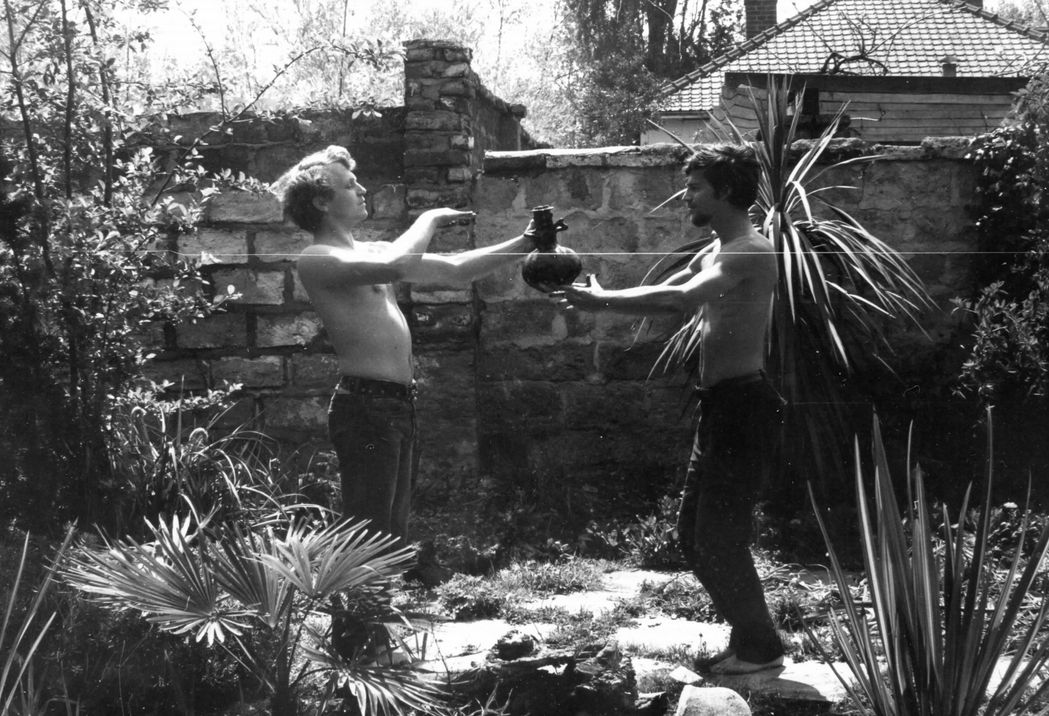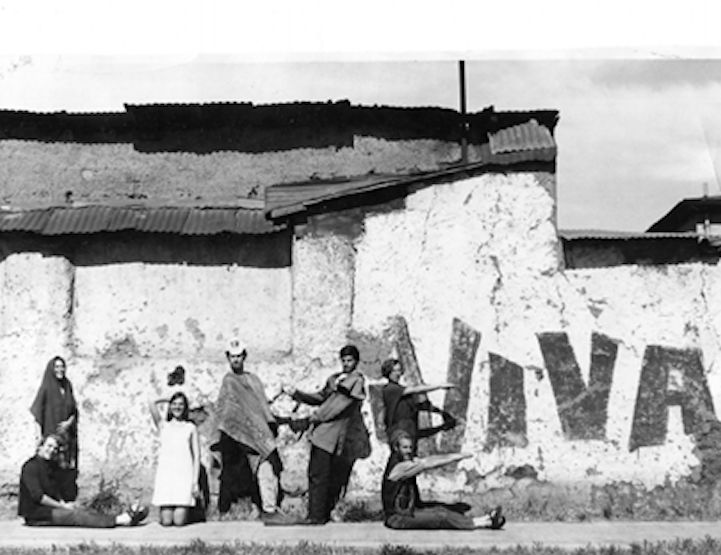|
We were juniors at B-CC when, in a campaign speech, JFK famously proposed the idea for something he called the Peace Corps. I was captivated by the concept from the beginning. It sounded a like a poor man’s Fulbright Scholarship: live abroad, learn a language, develop a skill, grow up. Four years later, and about to graduate college, the Peace Corps had gained footing in an increasing-number of developing countries around the world and was something I really wanted to exprience. The idea of living with and working with poor people seemed an ideal temporary place for me in the very unpredictable times of the 1960’s. It stood out in stark contrast to the growing expansion of the war in Vietnam where then president Johnson had recently sent 500 Marines supposedly “to protect American lives.” The mission of The Peace Corps is to provide social and economic development in third world countries. In order to fulfill their stated goals, they needed to find volunteers with specific skills such as architects, city planners and such. But instead they got stuck with a bunch of pre-career, recent liberal arts graduate folks like me. Most of us knew how to approach solving real-lifeproblems -- like building a village well – by looking up “well builders” in the Yellow Pages. So, we became teachers of English and, in my case, something they called “community development workers.” I ended up in Chile. I learned to speak Spanish fairly well and, not surprisingly, with a lower-class accent. I loved every minute of it. It became obvious from the start that many of us were destined to learn a whole lot more from our two-year experiences than we were ever going to contribute to those third world countries to which we had been assigned. This was true for me in spades and for hundreds of others for whom the two years in the Peace Corps left a lasting impression and helped to shape who we were to become in life. Being witness up close to the personal details of what it meant to live in poverty was eye-opening for a middle-class guy like me. And when I came back to Washington after the Peace Corps, I was knocked out by the sheer numbers of fellow ex-volunteers who, similarly, sought work that might continue working in some way with people less advantaged then them. This is still true today. One of my first jobs as a documentary filmmaker was to help with a feature-length film in Bolivia about the Nazi Gestapo leader, Klaus Barbie, who fled Europe after the war and ended-up living in South America. The chance to work in a Spanish-speaking country and make documentary films surrounded by the culture I loved so much became a particular focus of mine that derived directly from my Peace Corps experience. We didn’t have a whole lot to do. The Peace Corps even issued each of us a Book Locker for leisure-time reading. There were classic novels and non-fiction and reference books. We were encouraged to donate the books to a library when we left. At the top of this page is a photo of several of us poised against a wall in Santiago that read “viva” which means “live.” We translated the word in the shot with our bodies. That’s me holding up the right side of the letter “v.” Almost fifty years later, I’m still in touch with all of them and I speak Spanish everyday. And below is a photo of Peace Corps buddy, Henry (on the left) and I dedicating a little marijuana garden that we'd planted. It WAS the 60's after all. |


